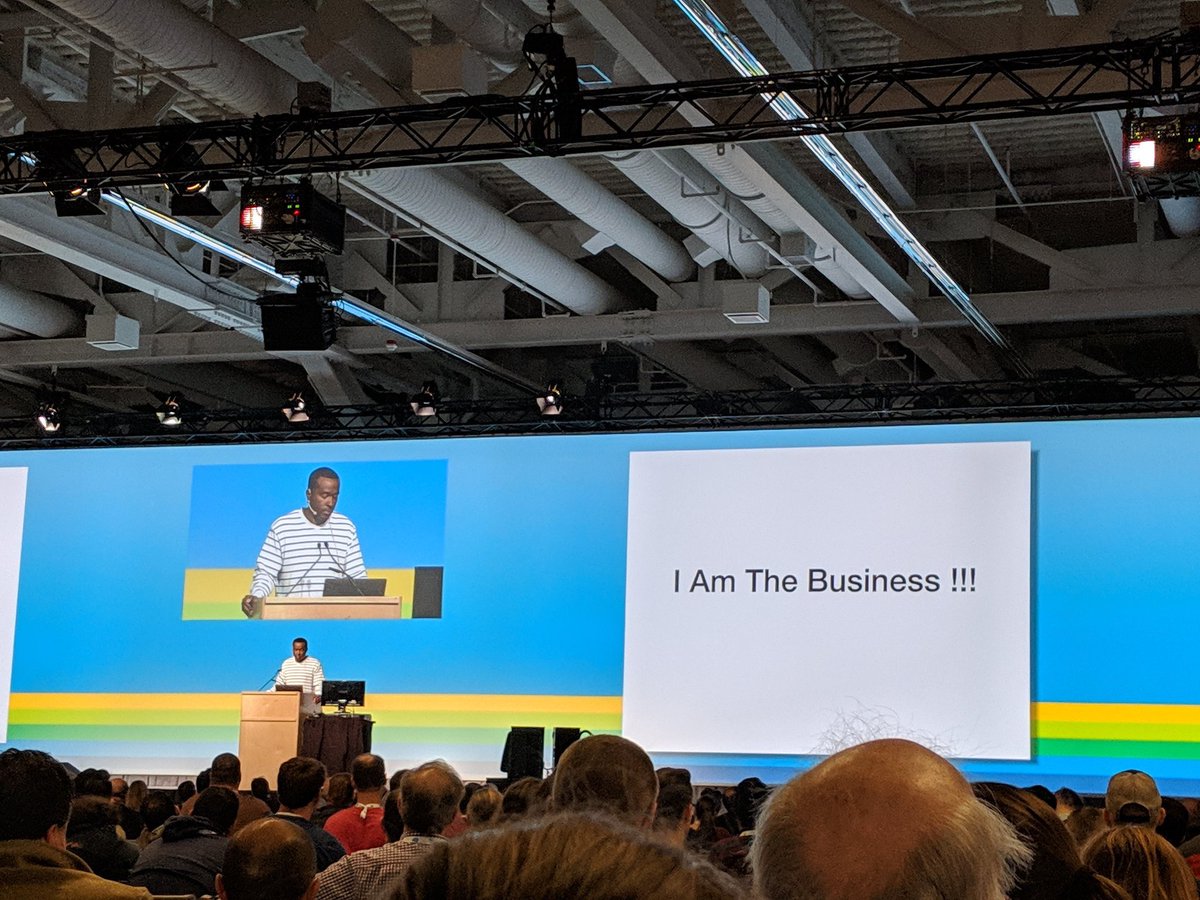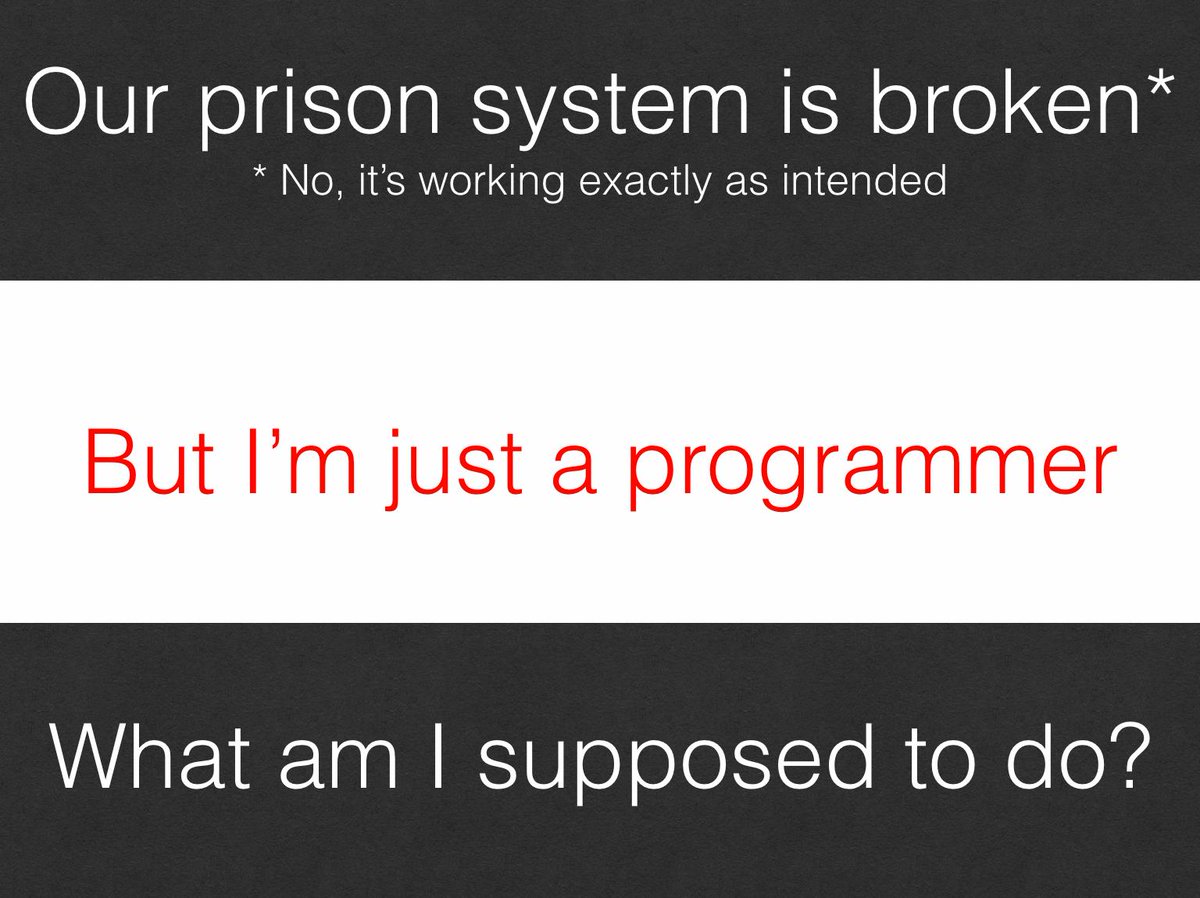
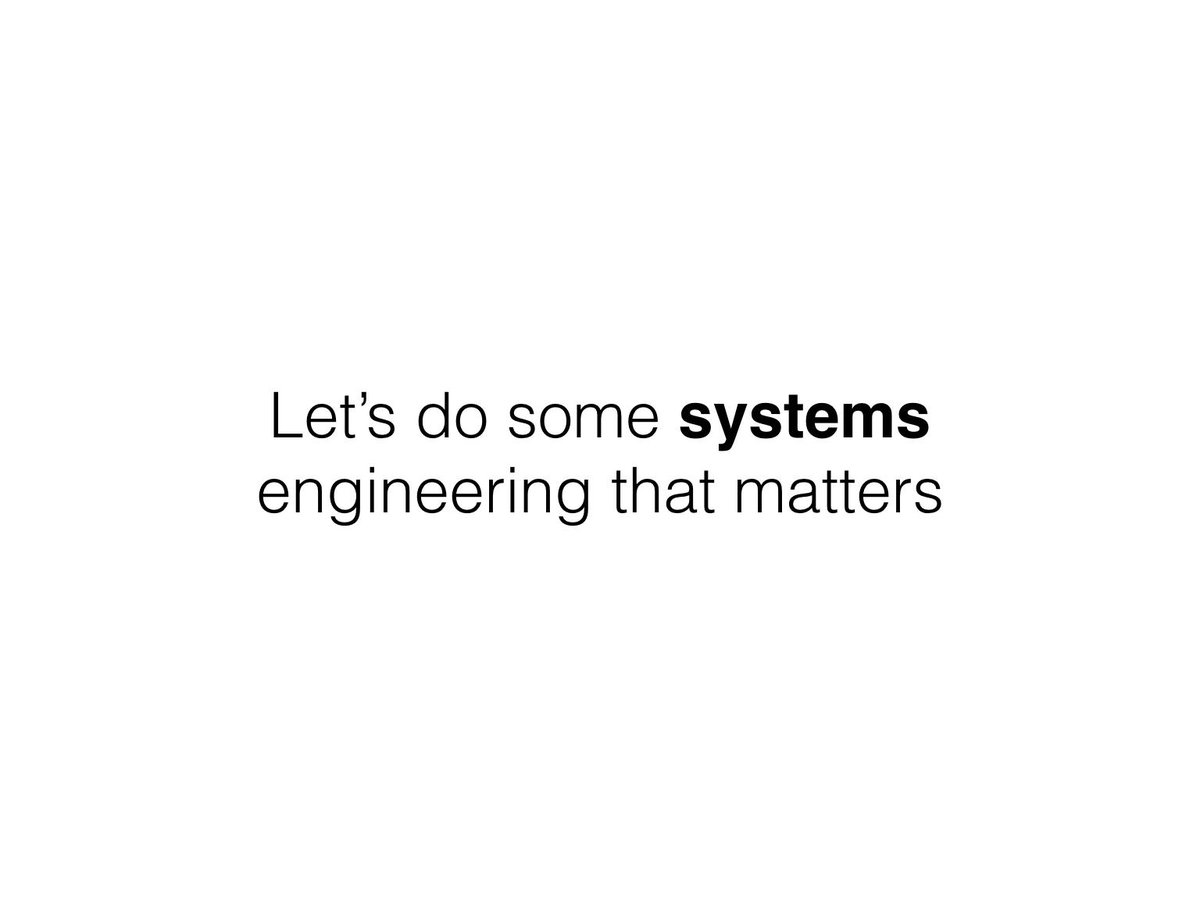
We are excessively punitive partially because we elect DAs who want to be, and who think they will be re-elected by being “tough on crime”. Decarceration requires DAs who believe in and prioritize it.
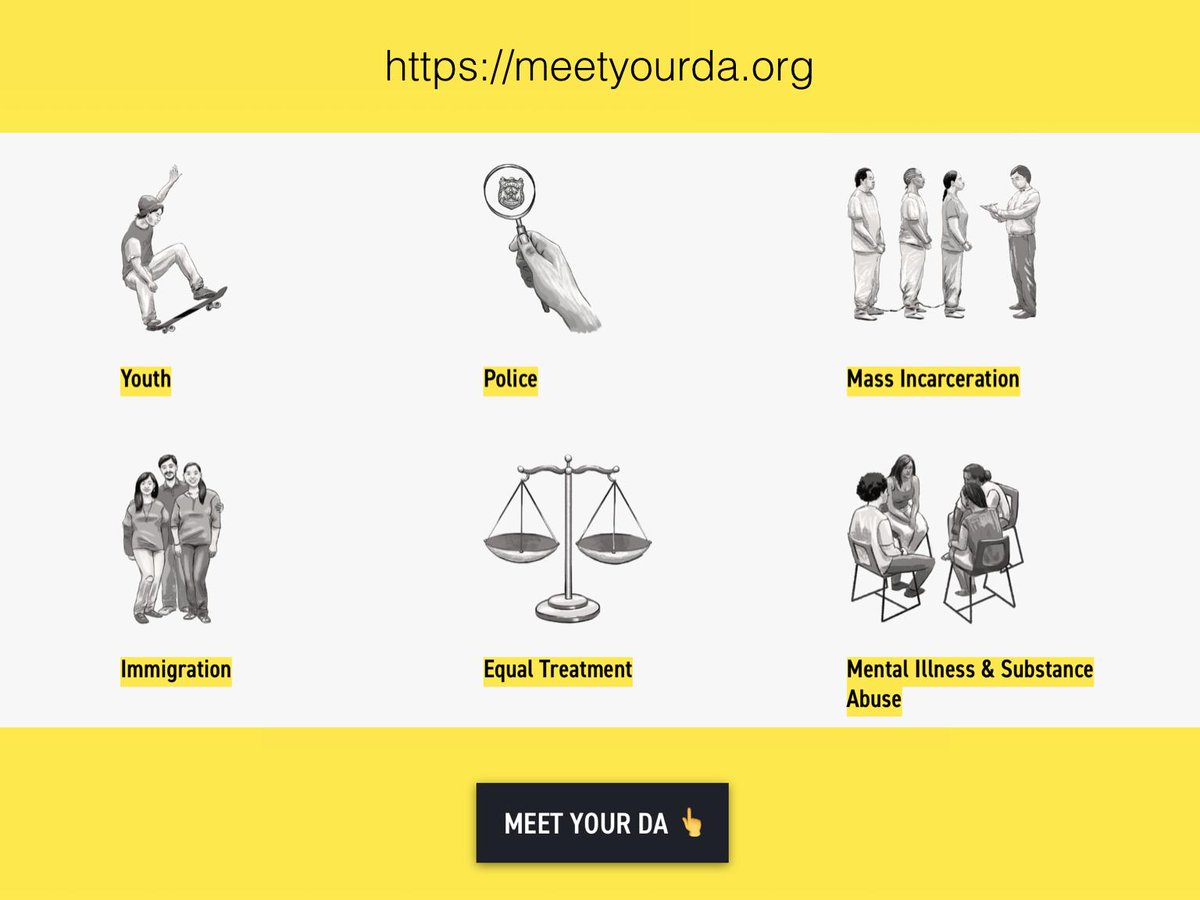
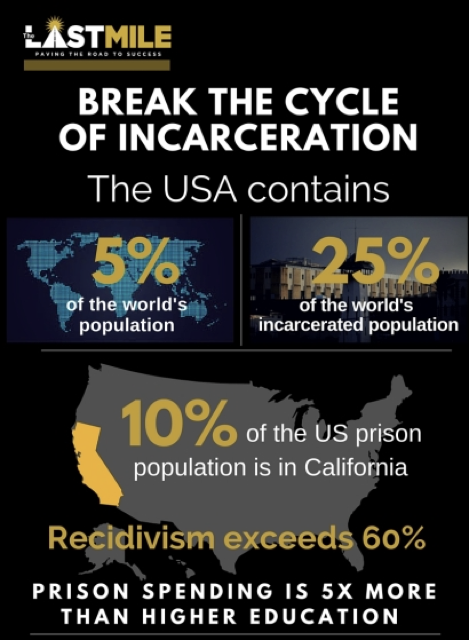
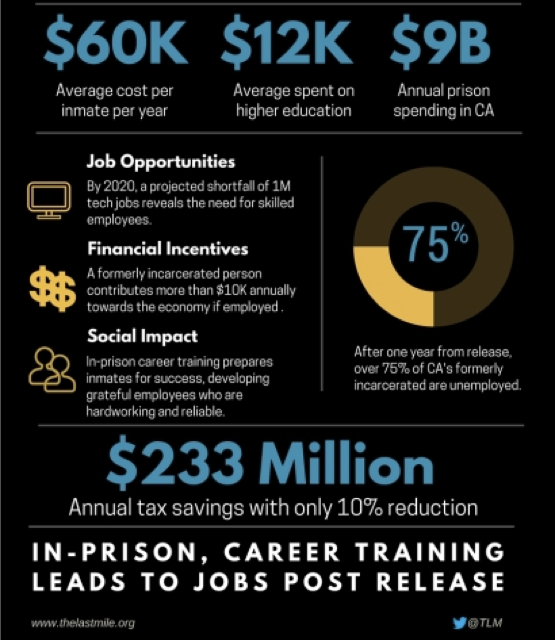
Part I (splitting for Twitter video length limit):
(As you watch, consider that Eddie, Emile, and Simon served a combined 50+ years as juvenile offenders)
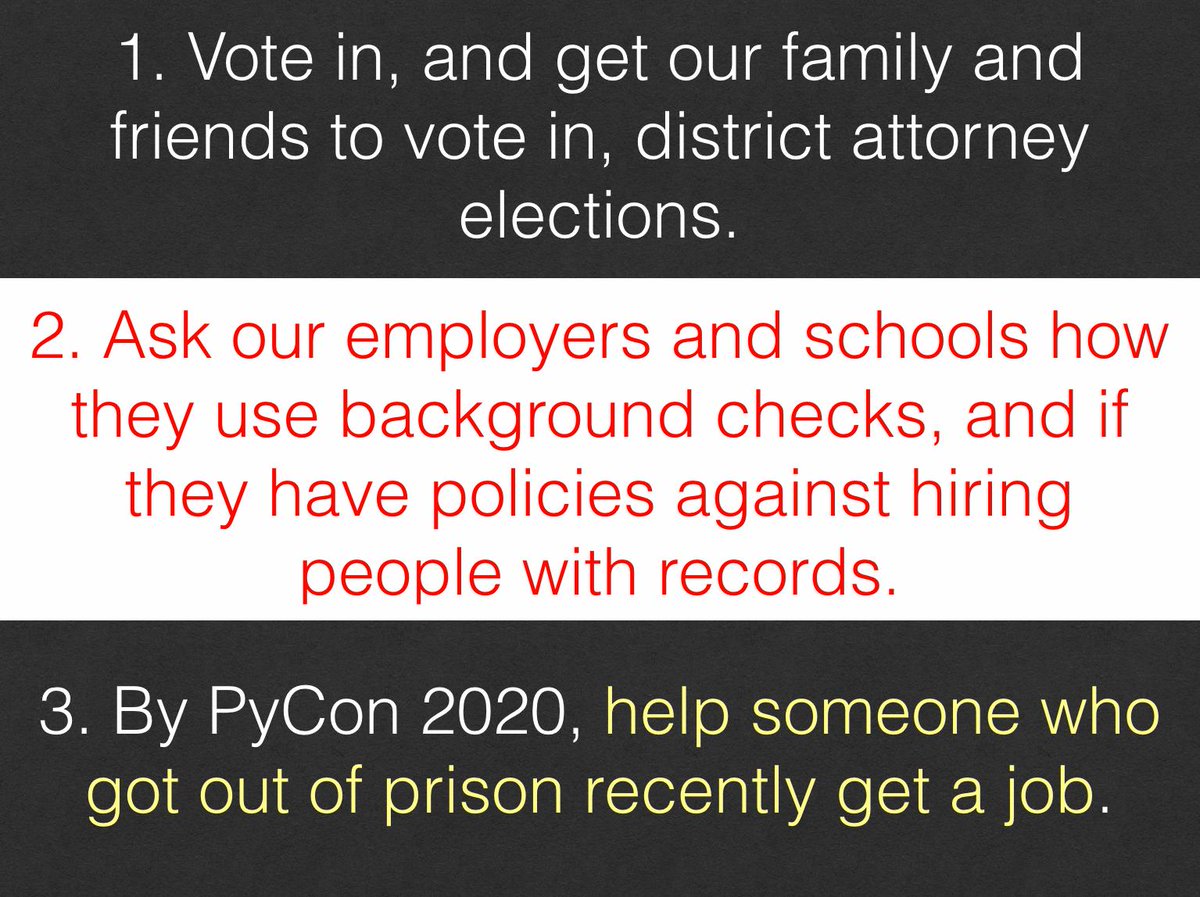
That doesn't mean barreling into a system with no context. Implicit in that goal is a commitment to building relationships & credibility with people in local prisons and re-entry programs.
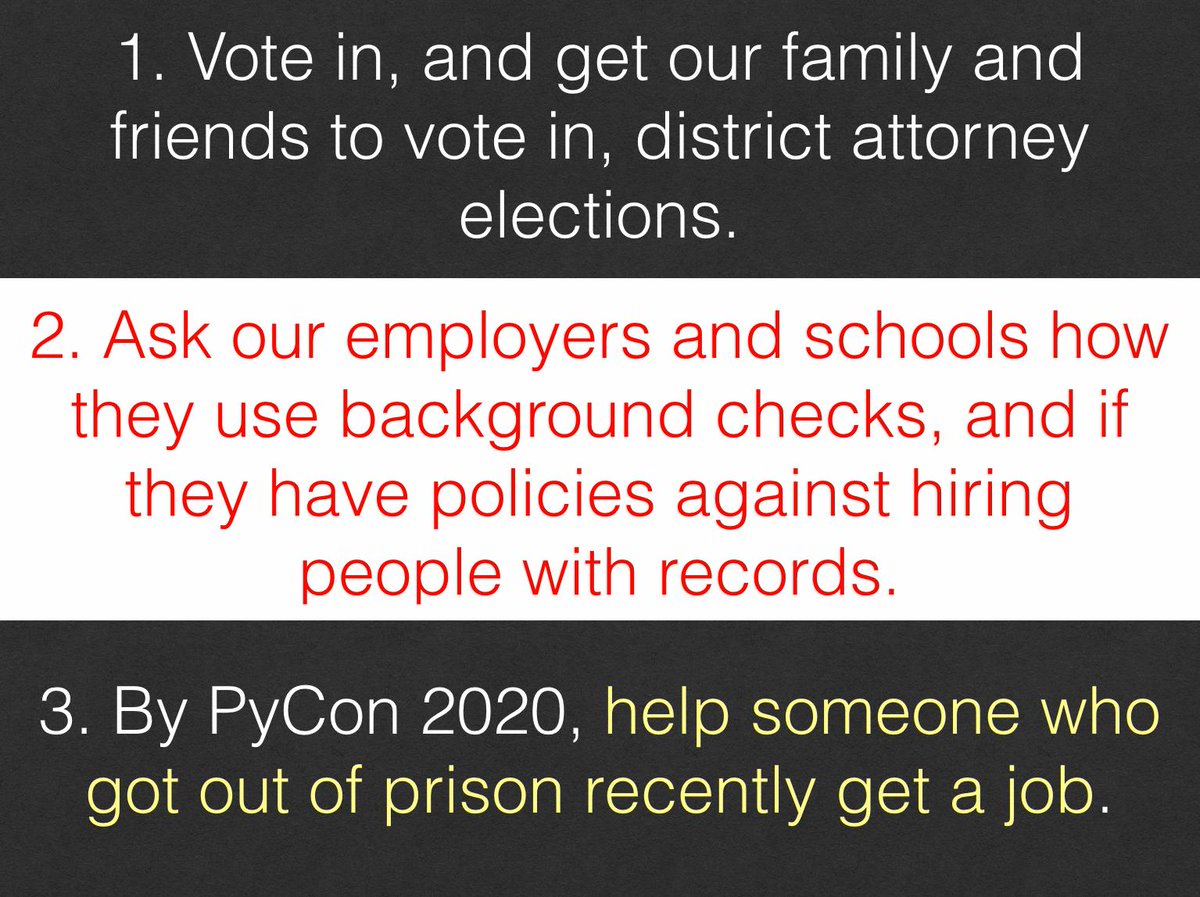
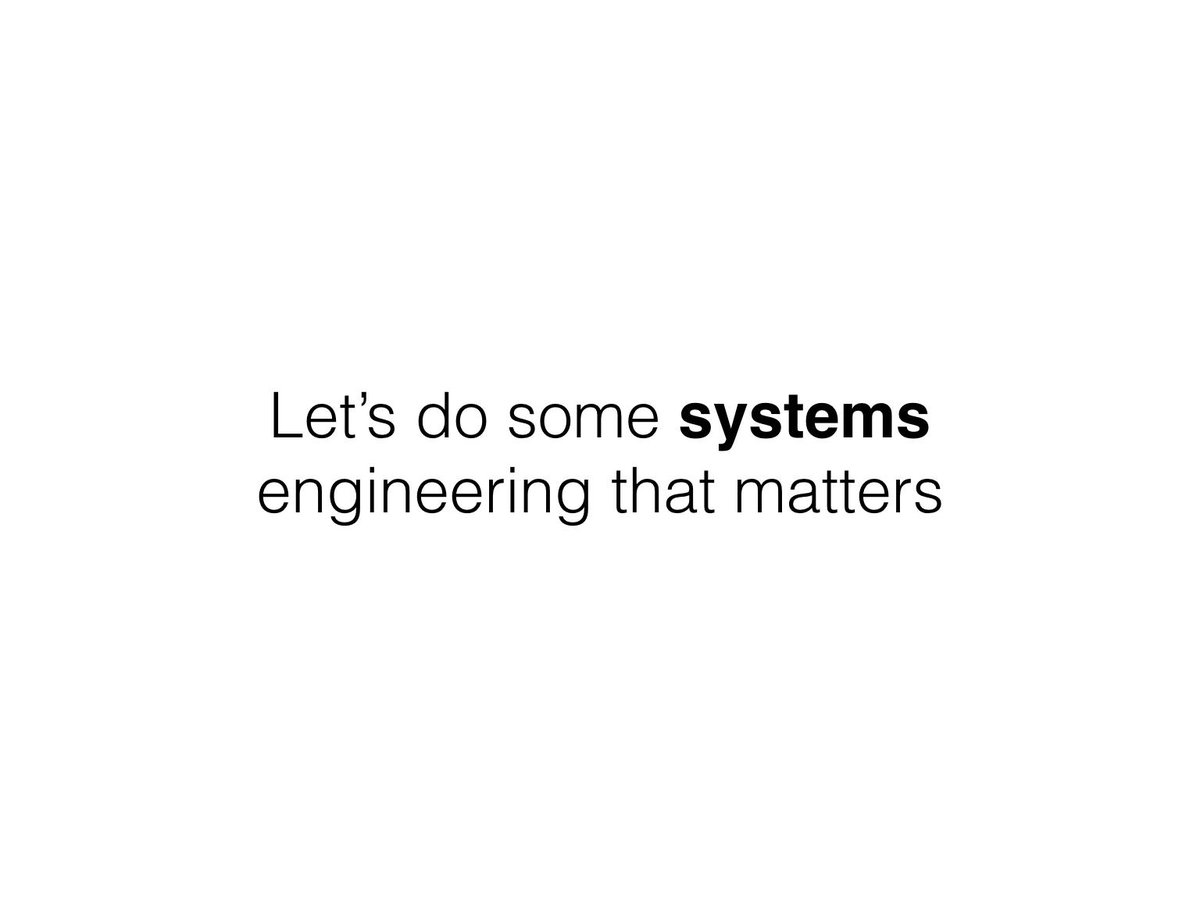
During the talk, @pycon raised $9,000 for Antwan's re-entry fund. #PyCon2019
gofundme.com/antwan-williams
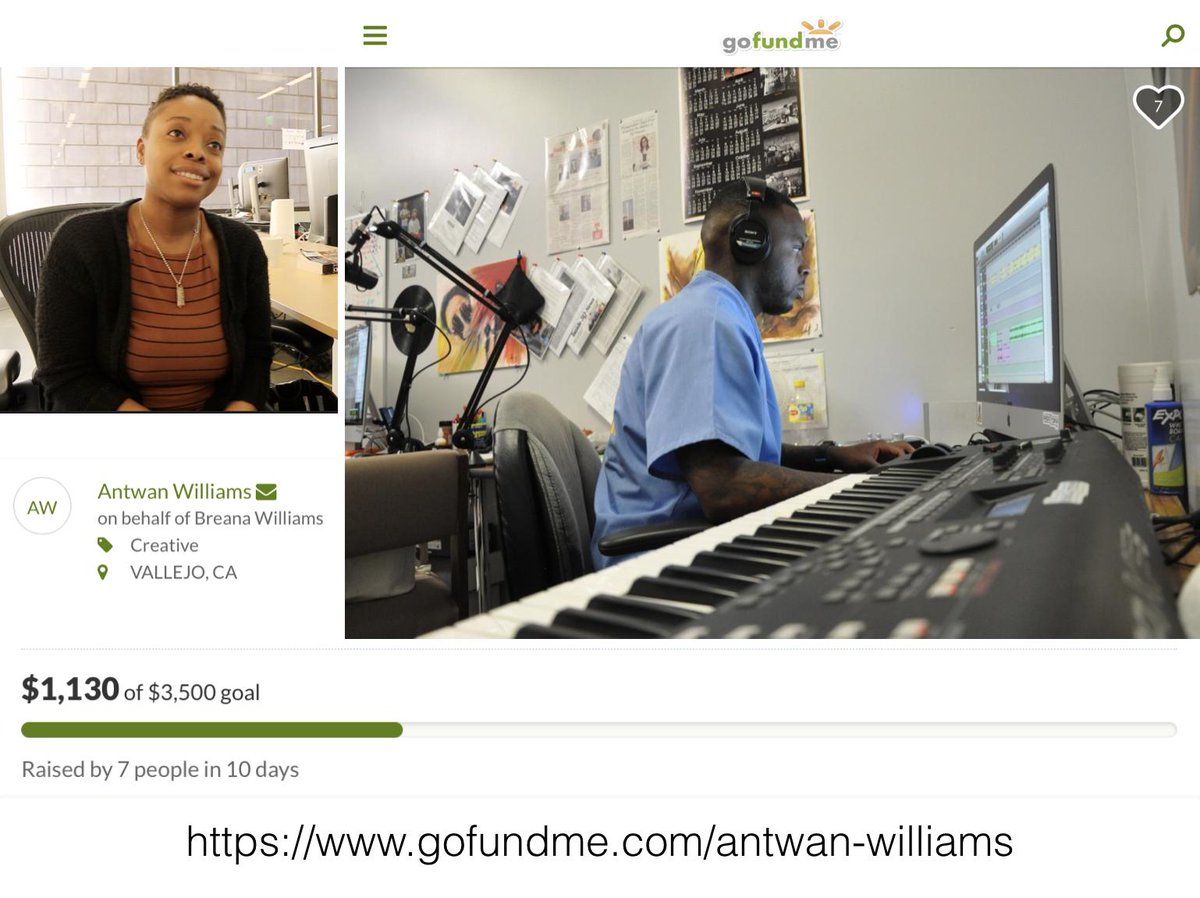
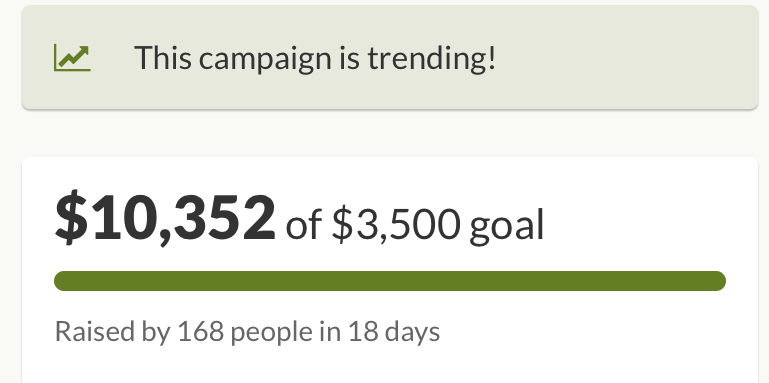
1. Locked In by @JohnFPfaff: a rigorous analysis of the causes of mass incarceration and the implications for how we handle violent crime.
2. Charged by @emilybazelon: follows 2 cases exemplifying the power of DAs.










